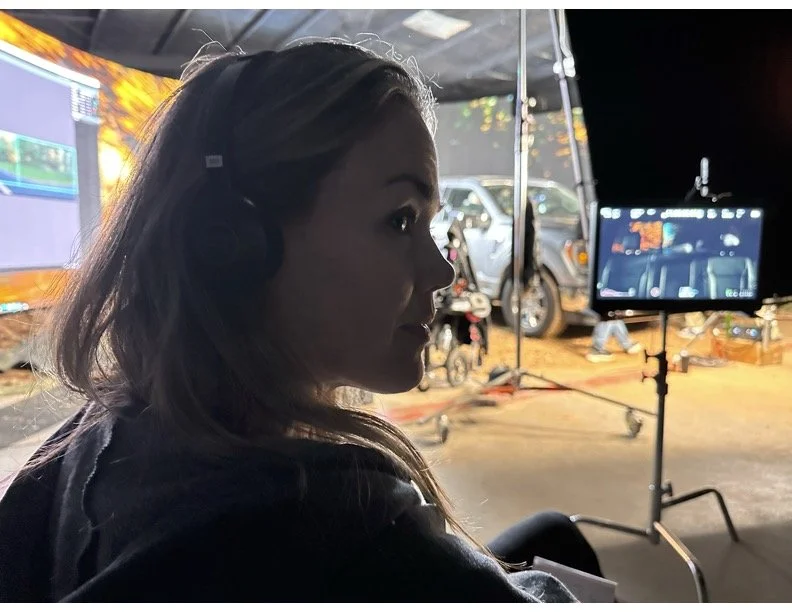Working with Minors
Boundaries and Consent
Early arts training in acting and musical theatre is common in middle schools and high schools around the United States. Additionally, middle schools, high schools, and youth theatres produce plays and musicals that include characters experiencing heightened emotions or romantic relationships, and teenagers often feel understandably awkward around staging scenes involving these situations. For these purposes, faculty and students find that working with Professor Kim Shively of Elon University to learn strategies to better support everyone in staging these elements of theatrical productions. As part of her work as an expert on staging scenes with heightened emotions and relationships with adolescents, Professor Shively holds workshop on how professional actors approach telling these types of stories and provides tools for how to utilize best practices of boundaries and consent in spaces with minors. Participants learn how to understand the power dynamics that have historically affected how people operate in creative spaces, the developmental milestones that affect perceptions of boundaries and consents, and how to shape spaces so that consent is established and boundaries are respected.
Over the past 5 years, Shively has worked with middle schools, high schools, community theatres, and colleges all over the country and in Europe, training educators and minors in the best practices of boundaries and consent for creative spaces. Workshops and consulting of high schools stateside include Mont Verde Academy (FL), Columbia Grammar and Prep (NYC), Los Angeles High School for the Arts, and Phillips Exeter Academy (NH). As of January of 2023, Shively has also educated over five hundred practitioners and industry professionals through Theatrical Intimacy Education in the Best Practices of Boundaries and Consent When Working with Minors, a workshop shaped though over a decade of research. Theatrical Intimacy Education is the nation’s premier research and practical organization of professionals and academics bringing best practices for staging intimacy for theatre and film/tv.
Kim has published on her research in articles like Using Principles of Theatrical Intimacy to Shape Consent-based Spaces for Minors for the Journal of Consent Based Performance (https://www.journalcbp.com/v1i1p74-80), and Education in Theatrical Intimacy as Ethical Practice for University Theatre for the Journal of Theory and Dramatic Theory and Criticism (co-authored with Dr. Susanne Shawyer in 2019). Her chapter on working with minors in Intimacy Coordination (Film/TV) will be featured in a new volume on Intimacy Coordination published by Routledge in early 2024. She is passionate about empowering young people to understand and have the space and agency to articulate their boundaries in creative spaces, and helping educators understand how power dynamics affect the spaces in which they serve as leaders.
Founded in 2017, Theatrical Intimacy Education is a consulting group specializing in researching, developing, and teaching best practices for staging theatrical intimacy.
Theatrical Intimacy Education empowers artists with the tools to ethically, efficiently, and effectively stage intimacy, nudity, and sexual violence.
We train the whole company, department, or ensemble in TIE Best Practices so that you aren’t on your own when the choreographer goes home. This is about culture change, not just choreography.
We believe that staging theatrical intimacy should be Ethical, Efficient, and Effective and we want to train you to do it.
My Work
I joined the TIE team in March of 2018. Since then, I have worked all over the country as an Intimacy Educator, Consultant, Coordinator and Choreographer. In 2021, TIE launched my Best Practices When Working With Minors workshop, where I combine my years of working with young performers and my research in neuropsychology to help practitioners understand the developing brain of minors and how to help transform culture by using the best practices of boundaries and consent.


